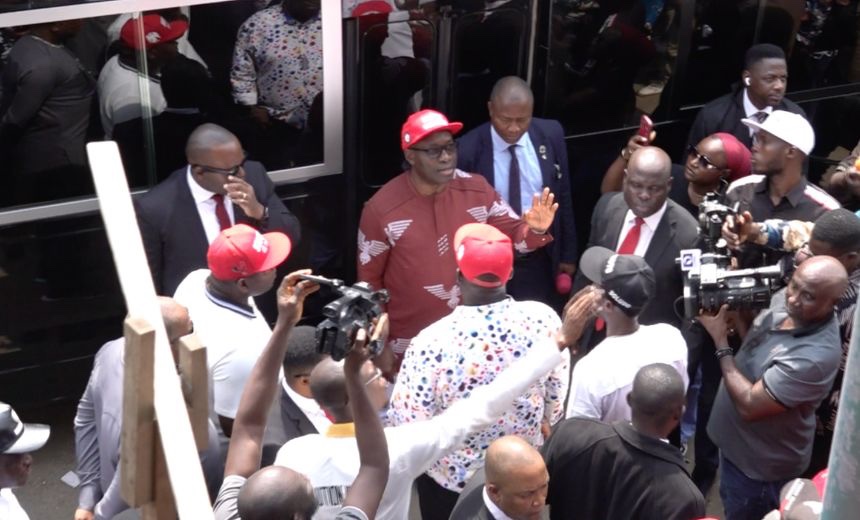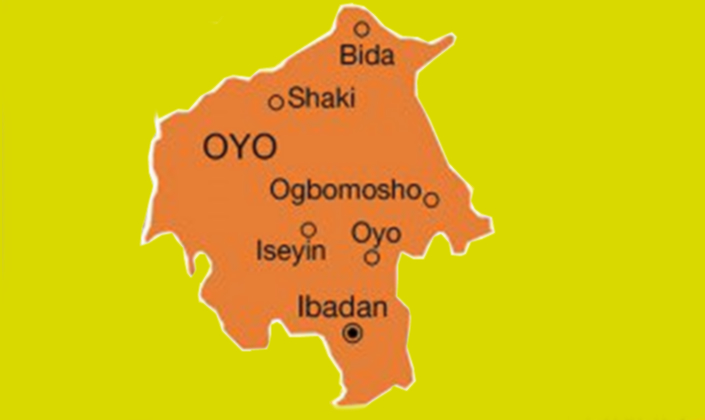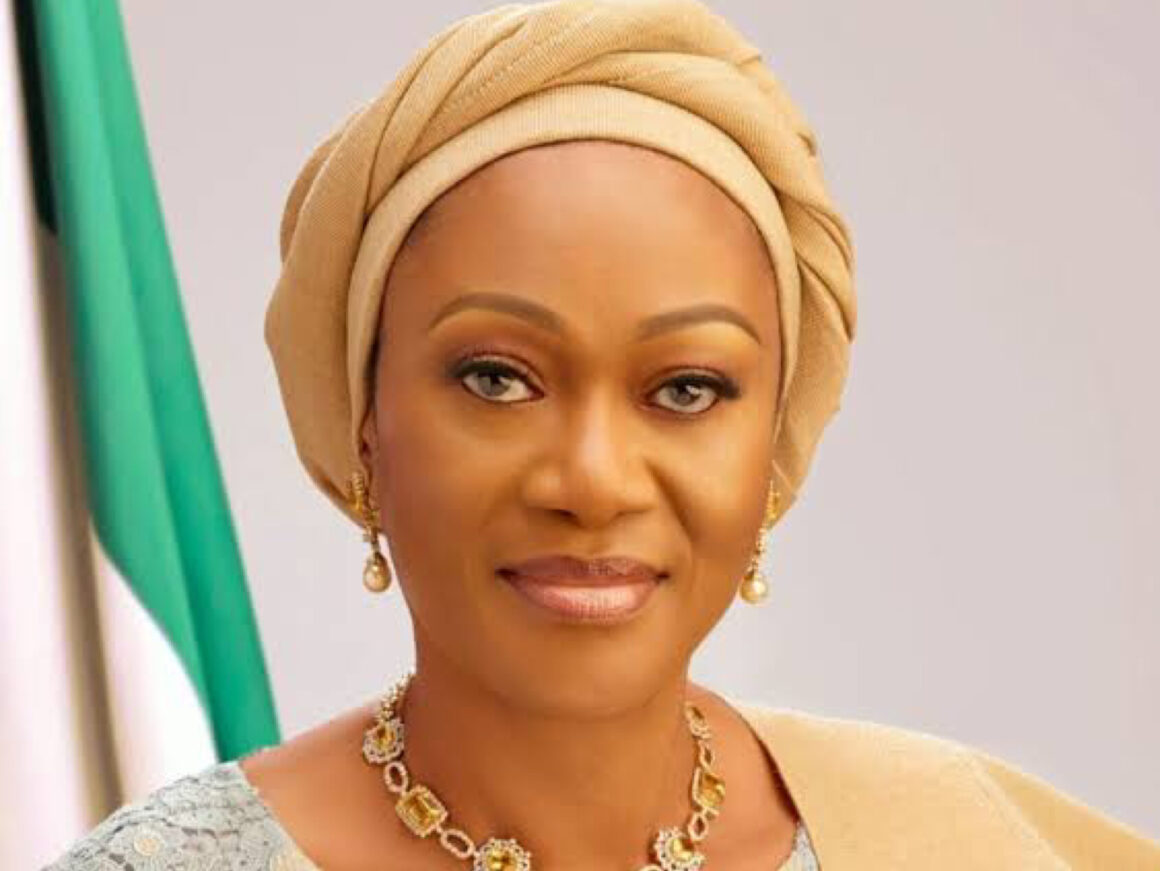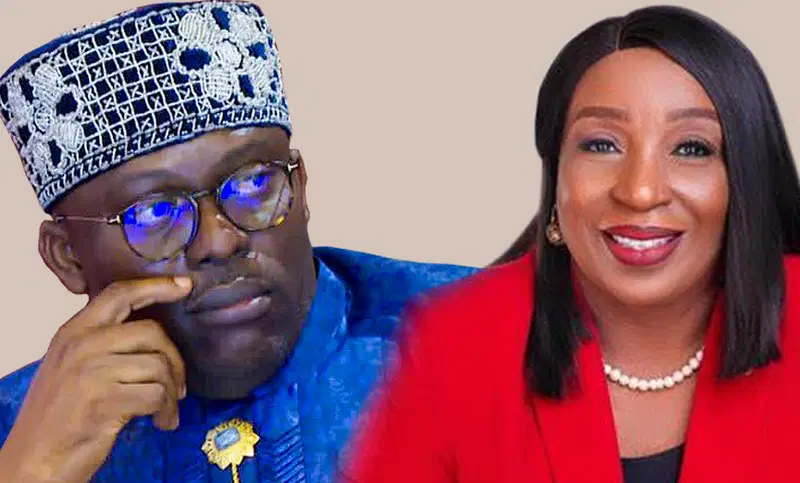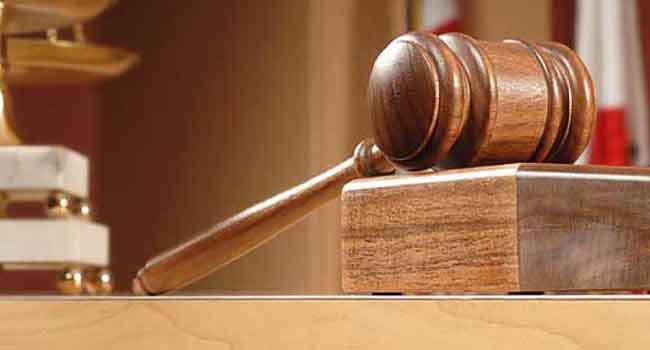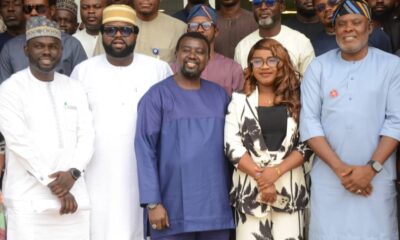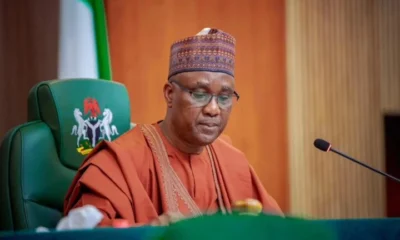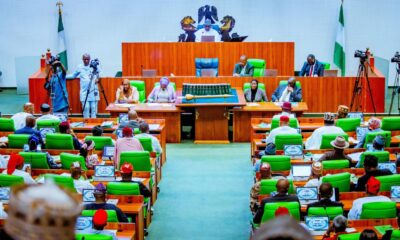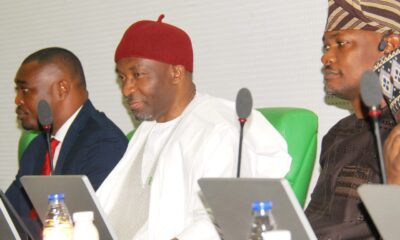National News
Tax reform bill awaits Presidential assent as Reps adopts harmonised bills

The landmark tax reform bills submitted to the National Assembly by President Bola Ahmed Tinubu in October 2024 are now set for presidential assent following the harmonisation of bills earlier passed by both chambers of the legislature.
The House of Representatives had passed the four bills in March 2025 before proceeding on recess, while the Senate passed its own versions upon resumption from the Sallah break.
To reconcile the differences, a conference committee was constituted by both chambers. The committee’s harmonised report was subsequently considered and adopted during plenary on Wednesday.
Chairman of the House Committee on Finance, Hon. James Abiodun Faleke (APC, Lagos), who led the House delegation to the committee, presented the report for adoption. His Senate counterpart, Senator Mohammed Sani Musa, did the same in the Senate.
Faleke explained that the committee successfully resolved all areas of divergence between the two chambers. According to him, there were 45 points of difference in the Nigeria Tax Administration Bill, 12 in the Nigeria Revenue Service Bill, nine in the Joint Revenue Board Bill, and 46 in the Nigeria Tax Bill. All discrepancies were agreed upon and reconciled.
He noted that while the Senate version was retained in some clauses, the House version was upheld in others, with a few sections redrafted entirely.
One major agreement reached was the imposition of a 4% development levy on the assessable profits of all companies subject to tax under Chapters Two and Three, excluding small and non-resident companies. The levy is to be collected by the Nigeria Revenue Service and paid into a designated special account.
Under the agreed revenue-sharing formula, 50% of the development levy is to be allocated to the Tertiary Education Trust Fund, 15% to the Education Loan Fund (increased from 3% previously passed by the House), and 8% to the Nigeria Information Technology Development Fund (up from the 5% and 10% earlier proposed).
Other beneficiaries include the National Agency for Science and Engineering Infrastructure, which is to receive 8% (down from 10%), the National Board for Technology Incubation (4%), defence and security infrastructure (10%), and the Cybersecurity Fund (5%).
Notably, the Social Security Fund, the Nigeria Police Trust Fund, and the National Sports Development Fund—originally listed by the House—were excluded from the final list of beneficiaries.
Additionally, a new clause—Clause 158—was adopted. It imposes a 5% surcharge on chargeable fossil fuel products provided or produced in Nigeria, to be collected at the point of transaction.
Interestingly, the much-debated VAT sharing formula was not among the contentious issues between both chambers.
Following the adoption of the harmonised bills, Deputy Speaker Hon. Benjamin Kalu praised the National Assembly for its commitment to national development. He said the successful passage of the bills marks a significant step forward for Nigeria, asserting that the legislative body remains dedicated to driving the country towards prosperity.
He also expressed gratitude to Nigerians for their patience and support throughout the legislative process, affirming that the tax reforms will position the country on a path of sustainable growth.
However, Hon. Ahmed Jaha (APC, Borno) issued a stern warning to those responsible for cleaning up the bills before final transmission. He cautioned against any form of alteration, stating, “Where the ‘T’ is not crossed, don’t cross it. Where the ‘I’ is not dotted, don’t dot it. We have the original copies of the bills, both pre- and post-harmonisation.”
He recalled instances in the past where post-clean-up modifications resulted in the President withholding assent. To avoid a recurrence, he urged the leadership of the National Assembly to ensure that each page of the final clean copy is signed before submission to the President.
The four harmonised bills are now due to be transmitted to the President for assent.
-

 News4 hours ago
News4 hours agoOpposition Reps raise alarm over alleged non-implementation of 2025 budget
-

 Business4 hours ago
Business4 hours agoCurrency outside Banks rises 10.2% as money supply expands
-

 World News4 hours ago
World News4 hours agoNigeria’s exports to Africa hits N4.82trn
-

 National News4 hours ago
National News4 hours agoClean Energy key to survival, healthy living — Remi Tinubu
-
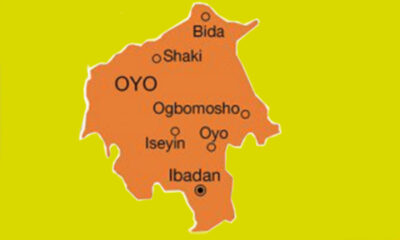
 Metro4 hours ago
Metro4 hours agoPolice Inspector killed as officers rescue kidnap victim in Oyo
-

 News37 minutes ago
News37 minutes agoBREAKING: Soludo orders closure of Onitsha Main Market over sit-at-home defiance

